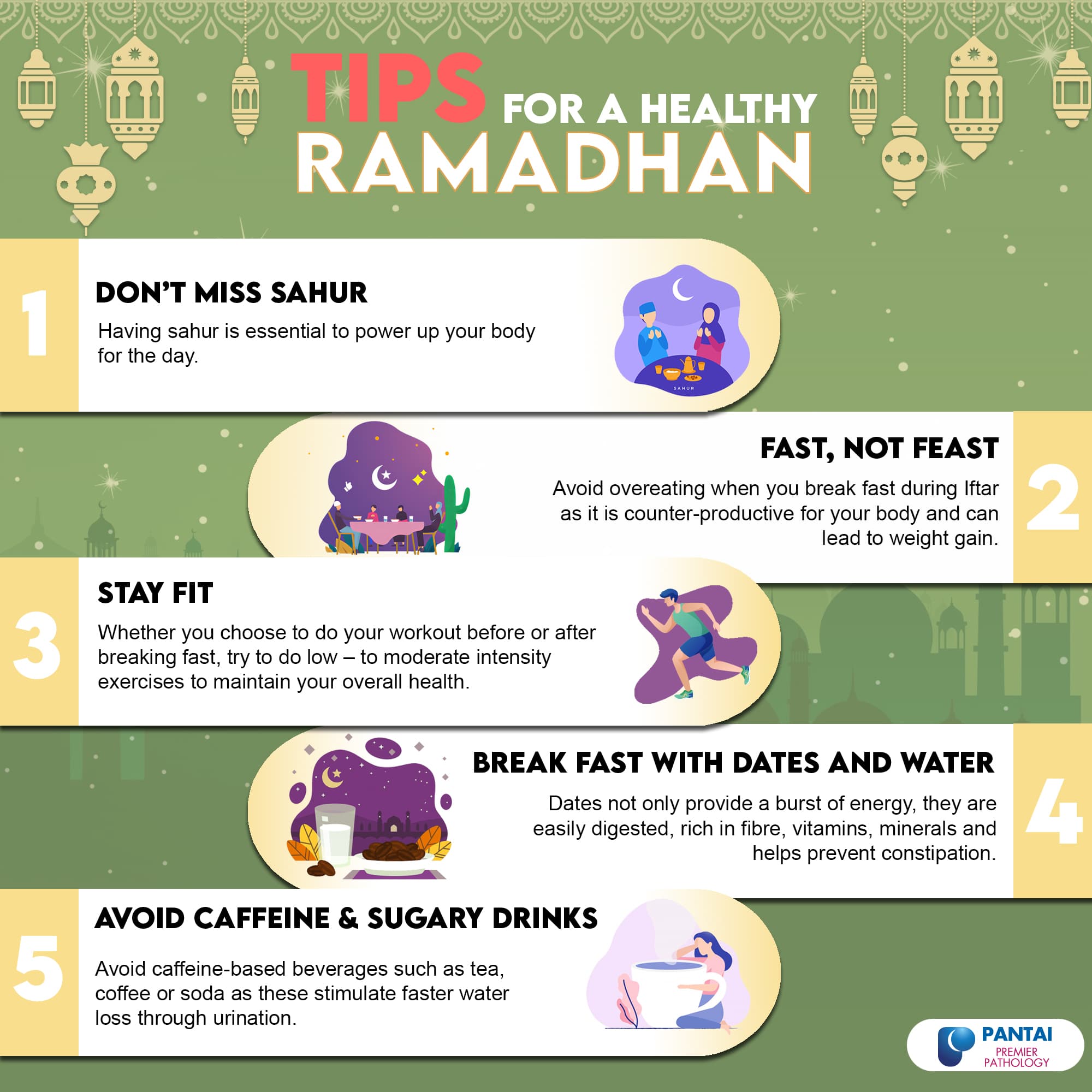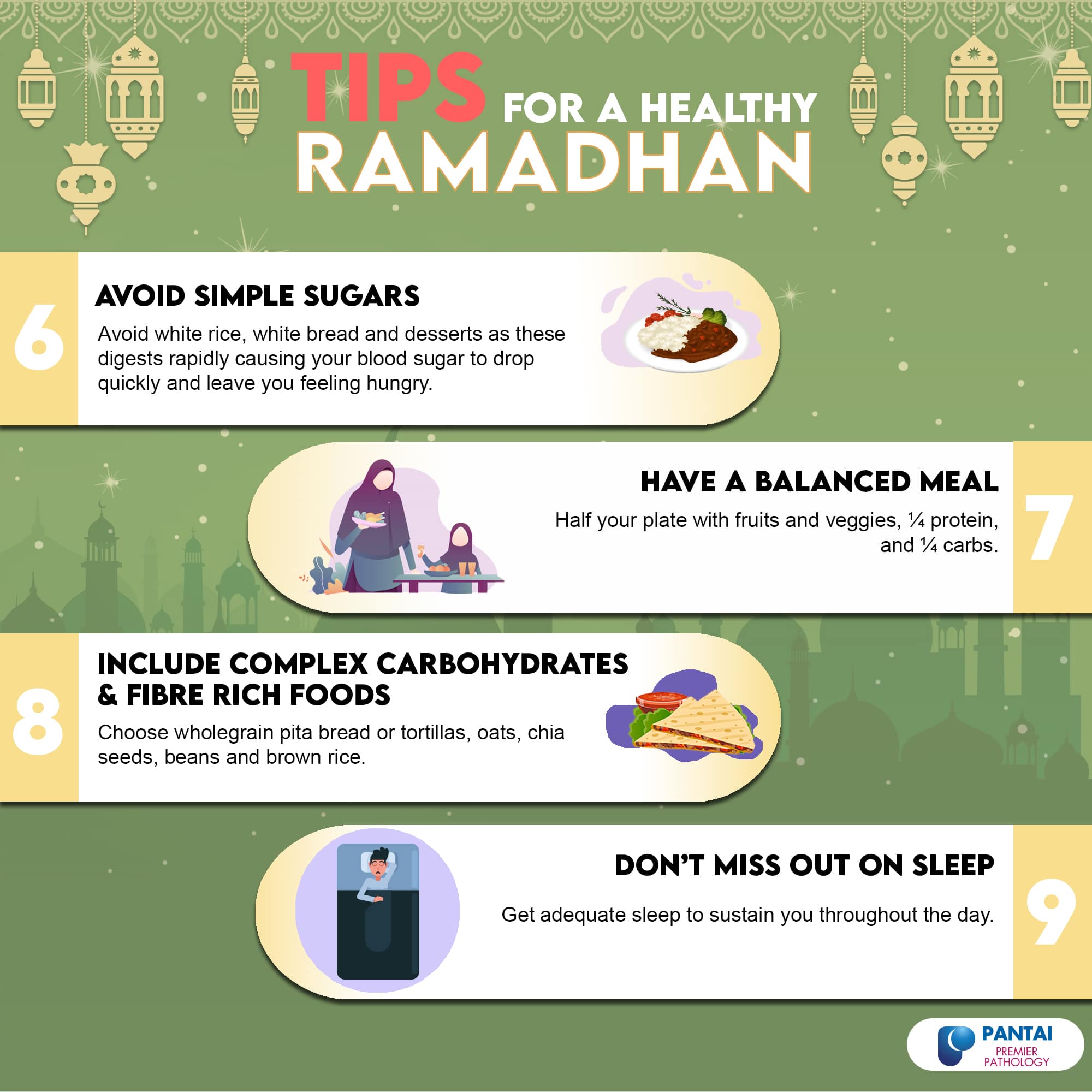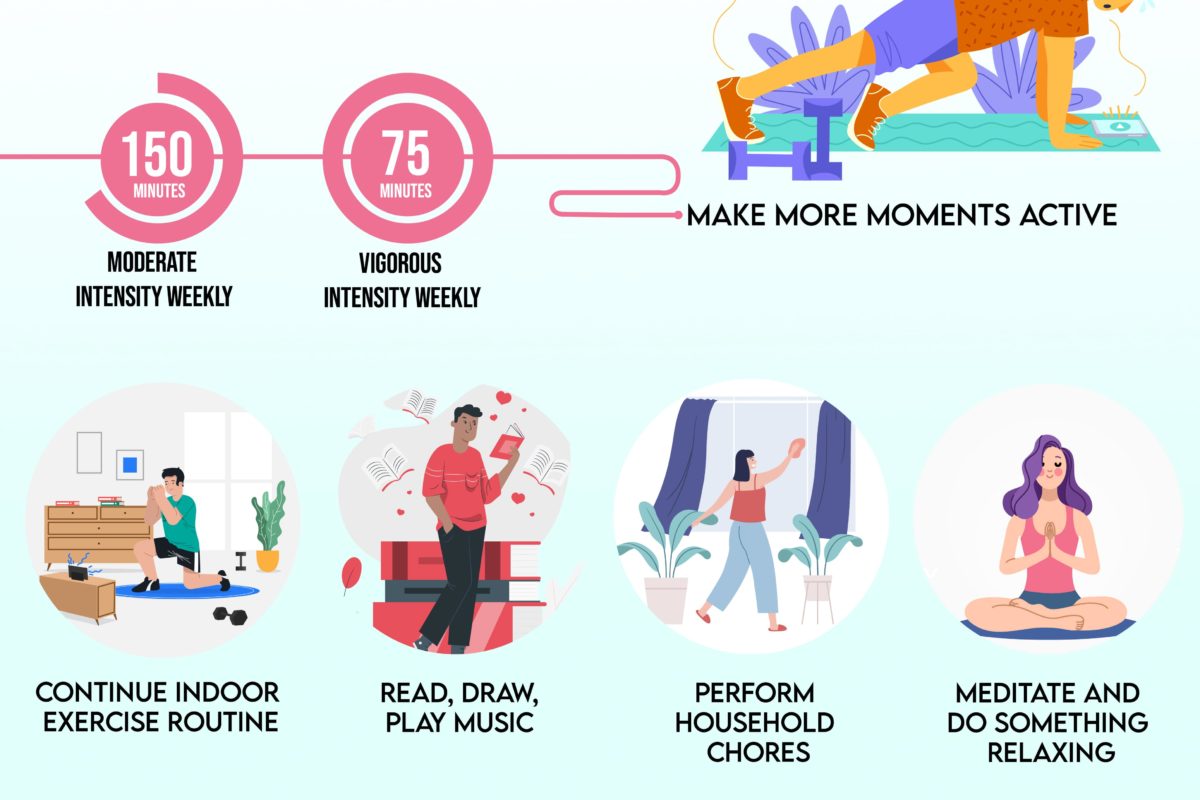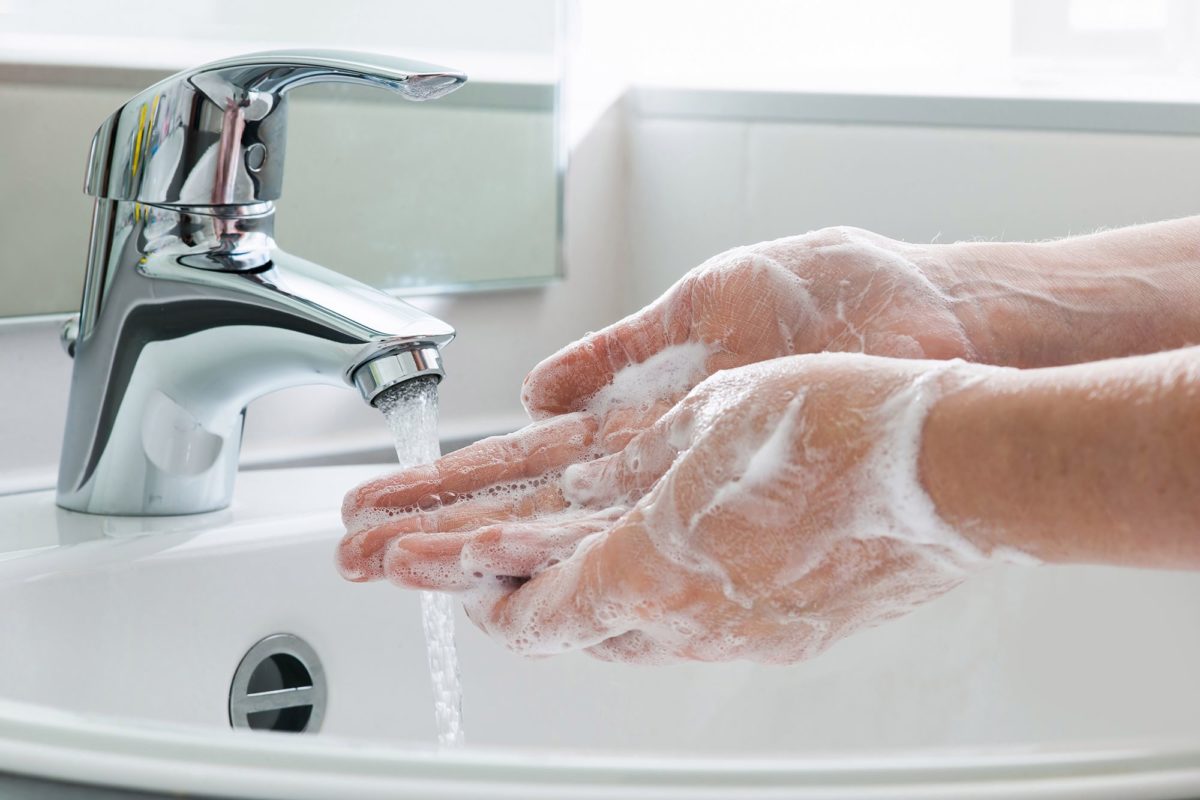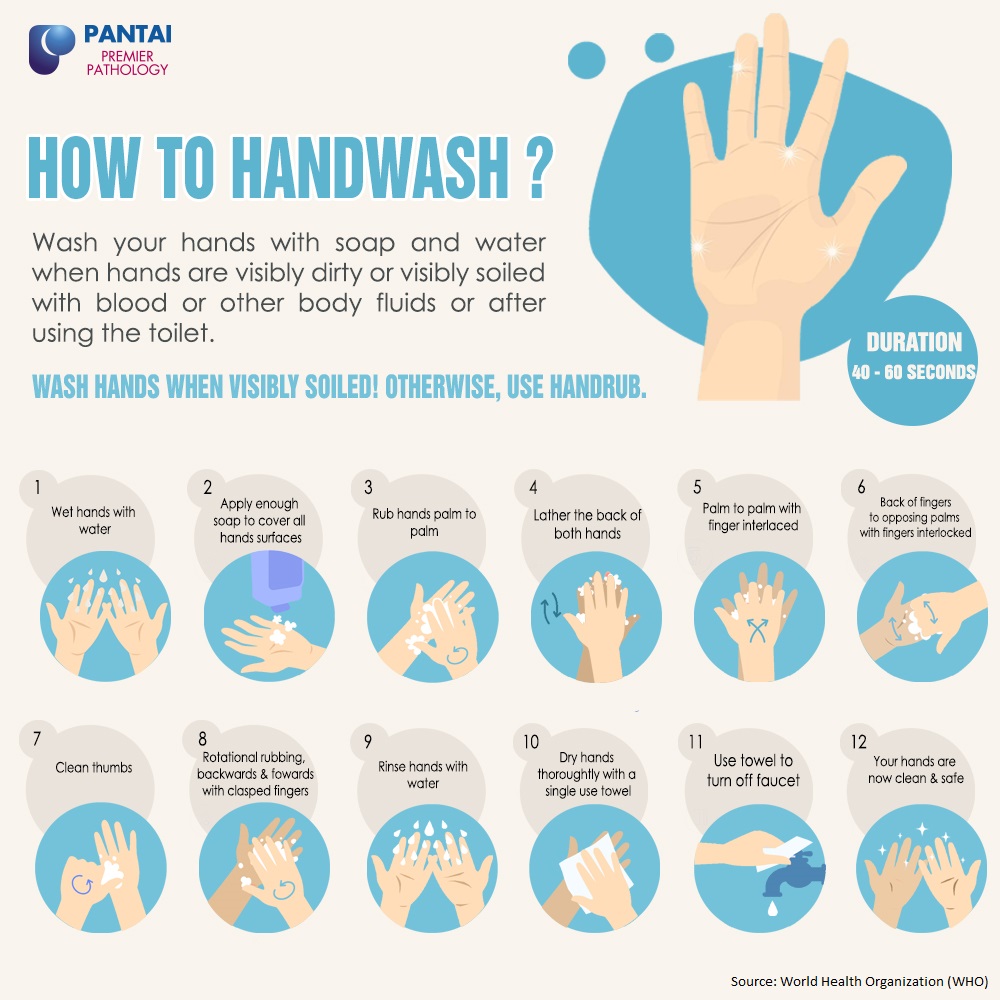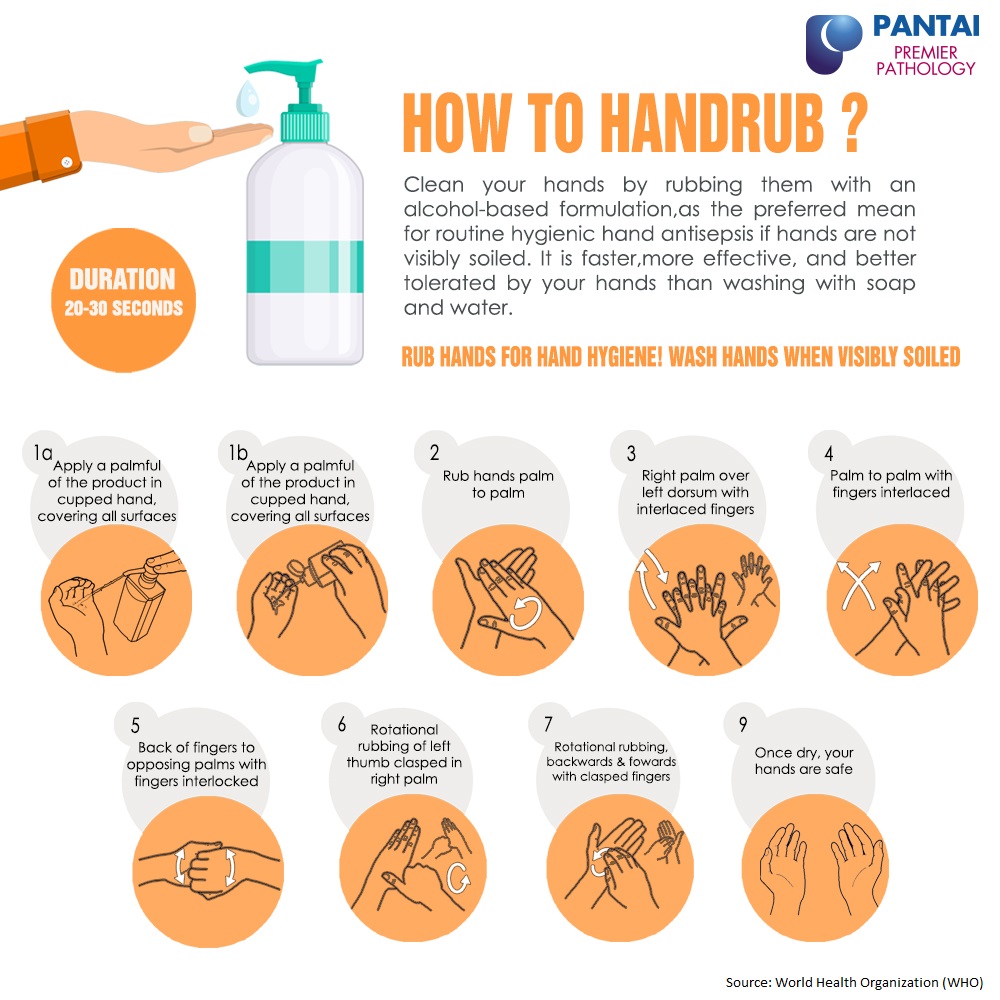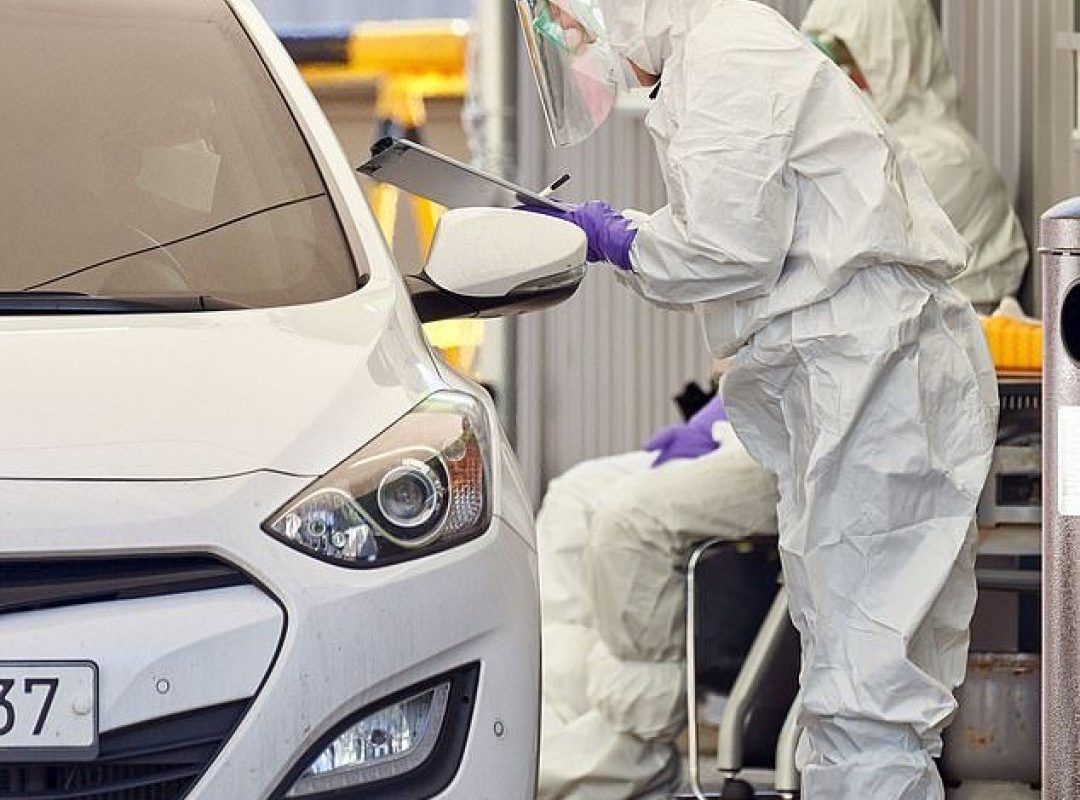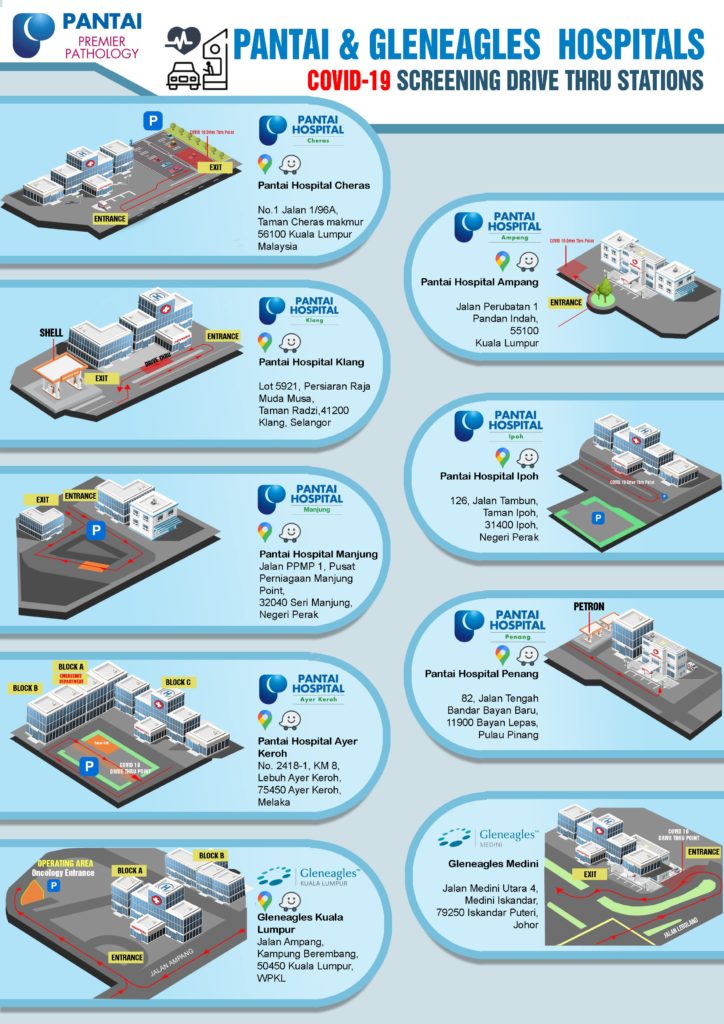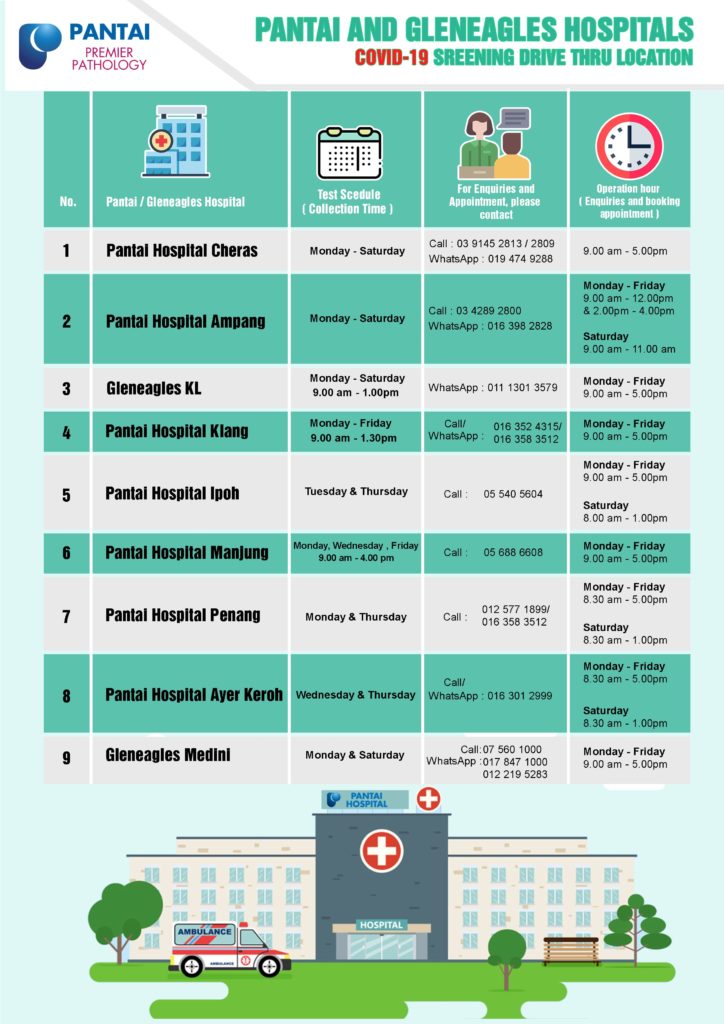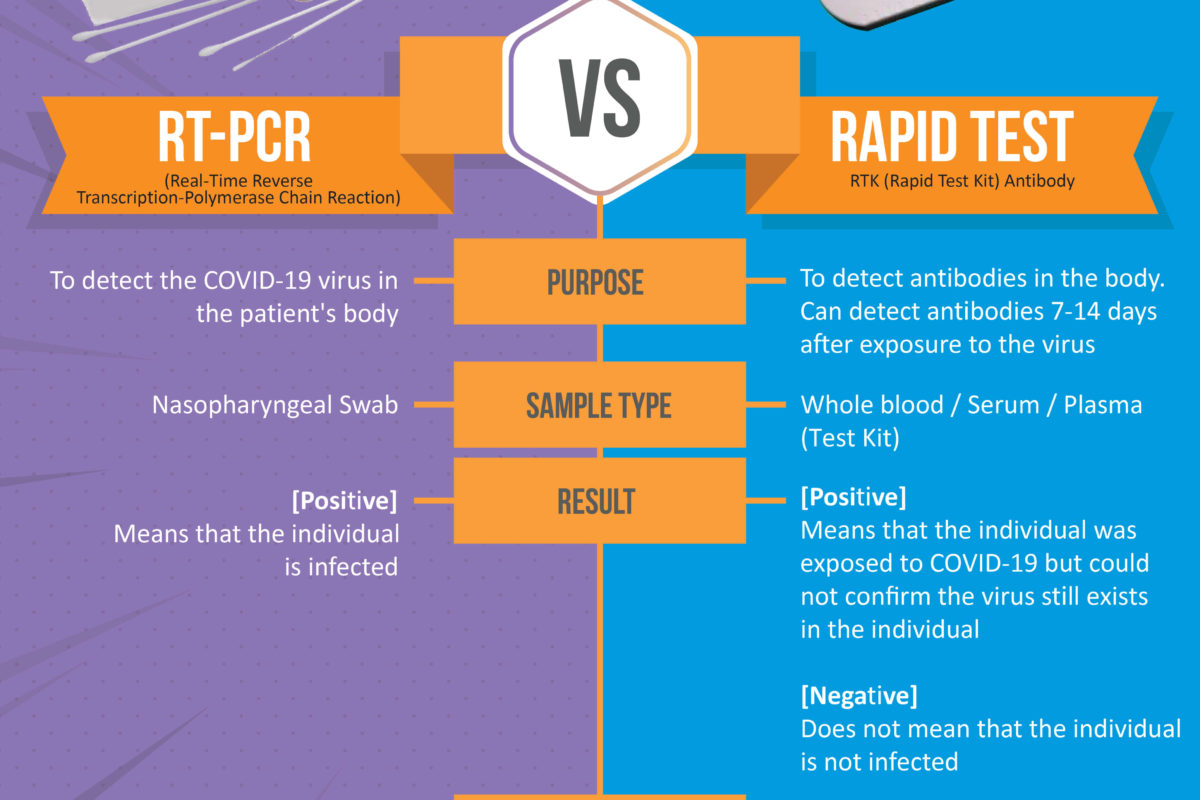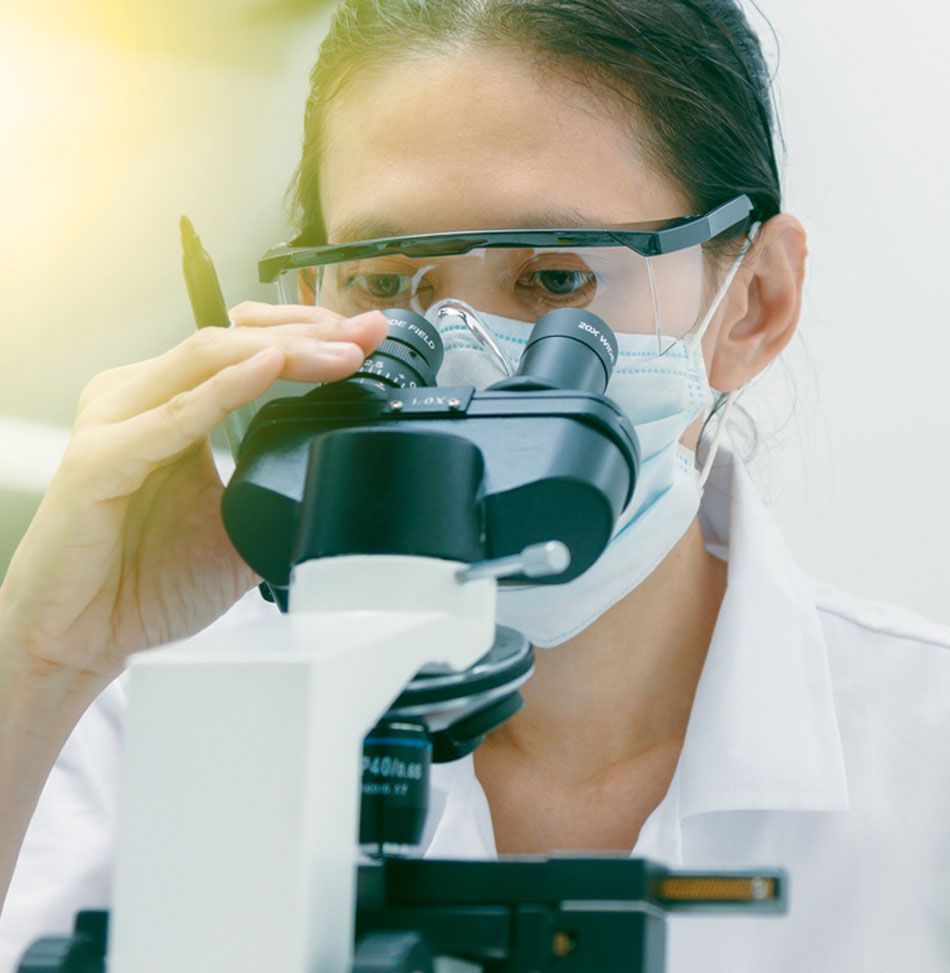WHO recommends 150 minutes of moderate-intensity or 75 minutes of vigorous-intensity physical activity per week, or a combination of both. These recommendations can still be achieved even at home, with no special equipment and with limited space. The following are some tips on how to stay active and reduce sedentary behaviour while at home in self-quarantine:
1. Take short active breaks during the day. Quick physical activity add up to the weekly recommendations. You may use the suggested exercises below as inspiration to be active every day. Dancing, playing with children, and performing domestic chores such as cleaning and gardening are other ways of remaining active at home.
2. Join the exercise class online. Take advantage of the variety of online exercise classes. Many of these are free and can be found on YouTube. If you have no experience performing these exercises, be cautious and aware of your own limits.
3. Start walking. Even in small spaces, walking around or on the spot exercise will help you stay active and healthy. When you have a call, instead of sitting down, stand or walk around your house while you are talking. If you decide to go outside for walking or exercise, make sure to maintain a distance of at least 1 meter from others.
4. Stand up. Reduce your sedentary time by standing up whenever possible. Ideally, aim to interrupt sitting and reclining time every 30 minutes. Consider setting up a standing desk to continue working while standing by using a high table or piling a pile of books or other materials. Prioritize cognitively stimulating behaviors during sedentary leisure time, such as reading, board games and puzzles.
5. Relax. Meditation and deep breaths can help you remain calm.
It is also important to keep eating healthily and stay hydrated. WHO recommends drinking water, rather than sugar-sweetened beverages. Limit or avoid alcoholic beverages for adults and strictly avoid these in young people, pregnant and breastfeeding women, or for other health reasons. Ensure plenty of fruits and vegetables, and limit the intake of salt, sugar and fat. Prefer whole grains instead of refined foods.
Warning:
This guidance is intended for people in self-quarantine without any symptoms or diagnosis
of acute respiratory illness. It should not replace medical guidance in case of any health condition.
Source: World Health Organization (WHO)
